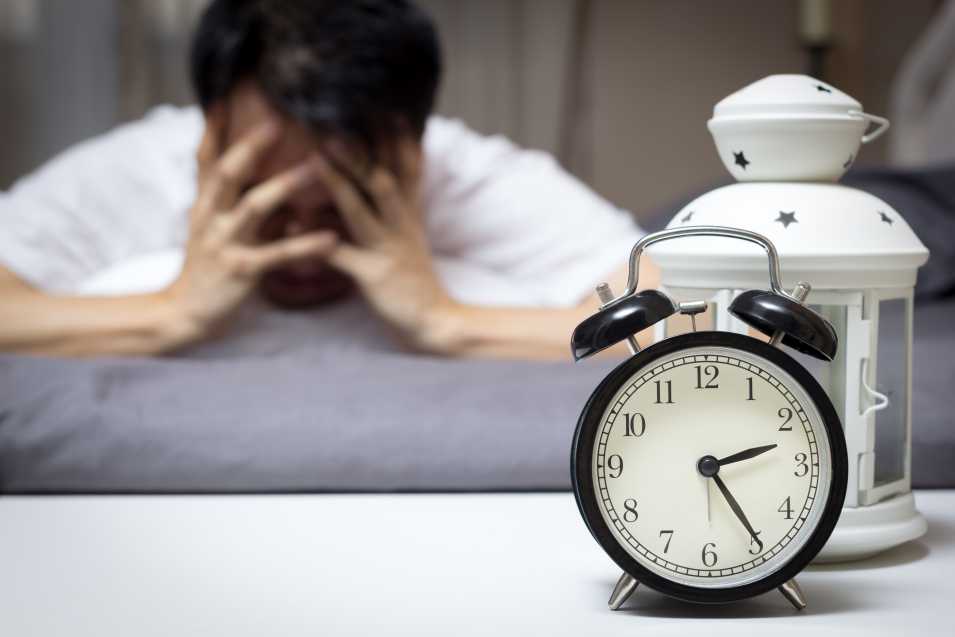Is Insomnia a Disability? Insomnia can be considered a disability if it significantly impairs a person’s day-to-day functioning. It can also be a secondary problem for someone with back pain, PTSD, or narcolepsy. However, there are distinctions between these classes that must be taken into account.
Sleep disorder without daytime impairment
Excessive daytime sleepiness (EDS) is a disorder in which a person is awake and alert at inappropriate times of the day. It can cause poor functioning and can interfere with daytime activities.
EDS has several characteristics and is classified as a sleep disorder by the International Classification of Sleep Disorders, third edition. It is defined as sleeping at times other than normal, almost every day, for a period of at least three months.
This disorder is caused by a decrease in blood oxygen levels during sleep. It can also be a symptom of an underlying medical condition. It can also lead to symptoms such as hypersomnolence or the feeling of sleepiness during the day. The person may be prone to accidents or injury if the condition persists.
Secondary to PTSD
Is insomnia a disability? Insomnia is a secondary condition to PTSD and can be claimed as a disability through the VA. It is a psychiatric disorder that occurs after a service-related event and can be associated with other physical and mental conditions.
It has been estimated that ninety-three percent of Veterans with PTSD suffer from insomnia. Veterans can attach insomnia to their PTSD diagnosis by submitting documentation of physical injuries, such as back or neck pain.
Veterans who experience insomnia after active service are usually unable to sleep due to the traumatic events that occurred during their service. Fortunately, secondary insomnia is not permanent and can be compensated with a higher disability rating.
Insomnia secondary to PTSD is a common secondary condition that can lead to disability benefits. To make your claim, you should request a VA re-evaluation. You will need to submit three pieces of documentation that document your condition.
Secondary to back pain
Insomnia secondary to back pain is a disability that veterans can file for with their disability claims. As with any service-connected disability claim, you’ll need to present documentation showing how your secondary ailment is related to your first impairment.
A poor night’s sleep is a common complaint among those with chronic low back pain because of the frequent awakenings caused by the discomfort. Many of these patients also report experiencing several intense “microarousals” in an hour.
Insufficient restorative sleep is also detrimental to cognitive function. Ultimately, this vicious cycle continues, as difficulty sleeping only worsens the back pain.

Secondary to narcolepsy
Secondary to narcolepsy and insomnia are two conditions that can interfere with your sleep. This disorder makes it difficult to fall asleep at night and has other consequences, such as affecting your social life and academics.
You may be unable to wake up in time to complete tasks and may not be able to function during the day. You may also experience sleep paralysis, which may last for a few minutes or even longer. The problem can also cause memory lapses and hallucinations.
Hallucinations can also be a symptom of narcolepsy. These visions may be frightening or vivid and may even include people or animals that aren’t present. Hallucinations can also occur during sleep and can cause a person to become completely incapacitated.
Related Article: Sleep Problems
